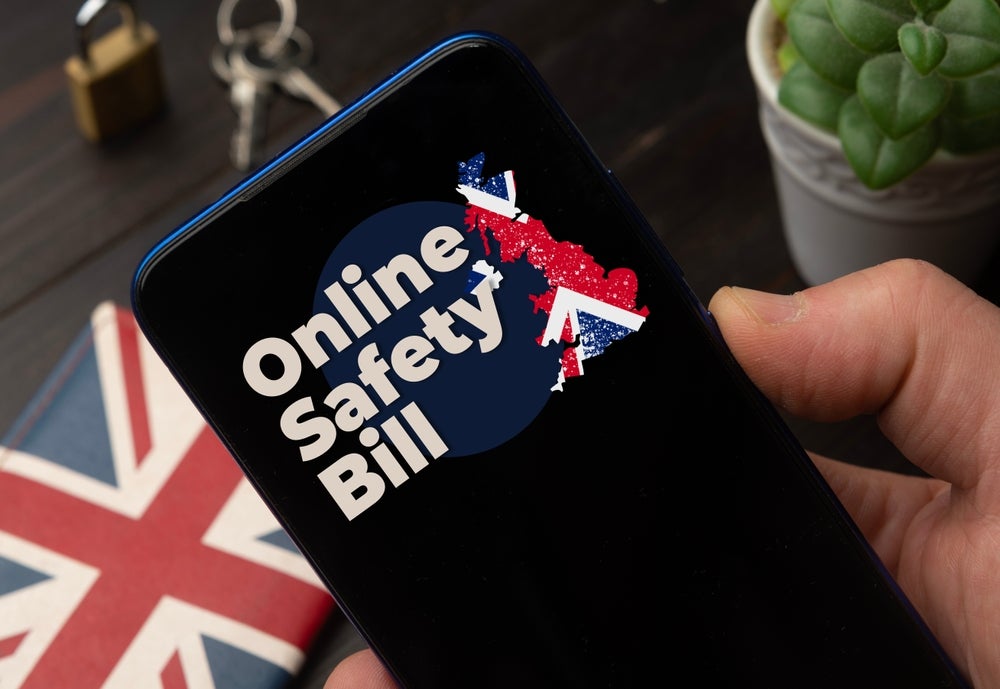
Over 80 national and international civil society organisations, academics and cyber-experts have signed an open letter sent to the UK government over the “serious threat to private and encrypted messaging” posed by the new Online Safety Bill (OSB).
The OSB was first published in draft form in 2021 and has since been making its way through parliament.

Access deeper industry intelligence
Experience unmatched clarity with a single platform that combines unique data, AI, and human expertise.
The letter describes the OSB as a “deeply troubling legislative proposal” as, if passed in its current form, it will set the UK on a path to become the “first liberal democracy to require the routine scanning of people’s private chat messages, including chats that are secured by end-to-end encryption,”
With over 40 million UK citizens and two billion people worldwide relying on encryption, the proposal included in the new OSB could threaten the security of digital communication on an international level, as well as in the UK, according to the letter.
End-to-end encryption is a measure that has been built into many popular messaging services, such as WhatsApp and Signal, to protect private conversations from being read by anybody outside of the chat, including the platform provider itself.
Messaging apps including WhatsApp, Signal and Viber have already voiced opposition to proposed the UK legislation, ramping up their lobbying and negotiation efforts, including threatening to stop their operations in the UK.

US Tariffs are shifting - will you react or anticipate?
Don’t let policy changes catch you off guard. Stay proactive with real-time data and expert analysis.
By GlobalDataCybersecurity issues were also raised in the civil rights group’s letter.
If the OSB is passed, platform providers would need to either remove privacy safeguards or develop “work-arounds” which could compromise the messaging platforms security as back-hat hackers are able to often exploit such vulnerabilities creating back-doors to corrupt the system and leverage the platform.
The use of the technology would breach human rights law in the UK and internationally, according to the letter.
The letter drew comparisons between the EU’s proposed ‘Child Sexual Abuse Regulation’ and the UK’s new OSB.
The EU’s proposed regulations have been met with strong opposition by French, Irish and Austrian parliamentarians due to the threat to human rights and undermining encryption.
If the bill is passed, communications service providers would have to incorporate automated tools into their software to detect abusive material. In other words, the scanning software would need to be pre-installed without the user’s permission.
The letter concluded that the international community represented via the signatories is deeply concerned the UK could become the “weak link” in the global system due to the security risk posed, which “will not be confined within UK borders.”
It added that it was “hard to justify such a disproportionate measure,” saying the OSB infringes on the right to privacy for the “internet’s majority of legitimate law-abiding users.”







